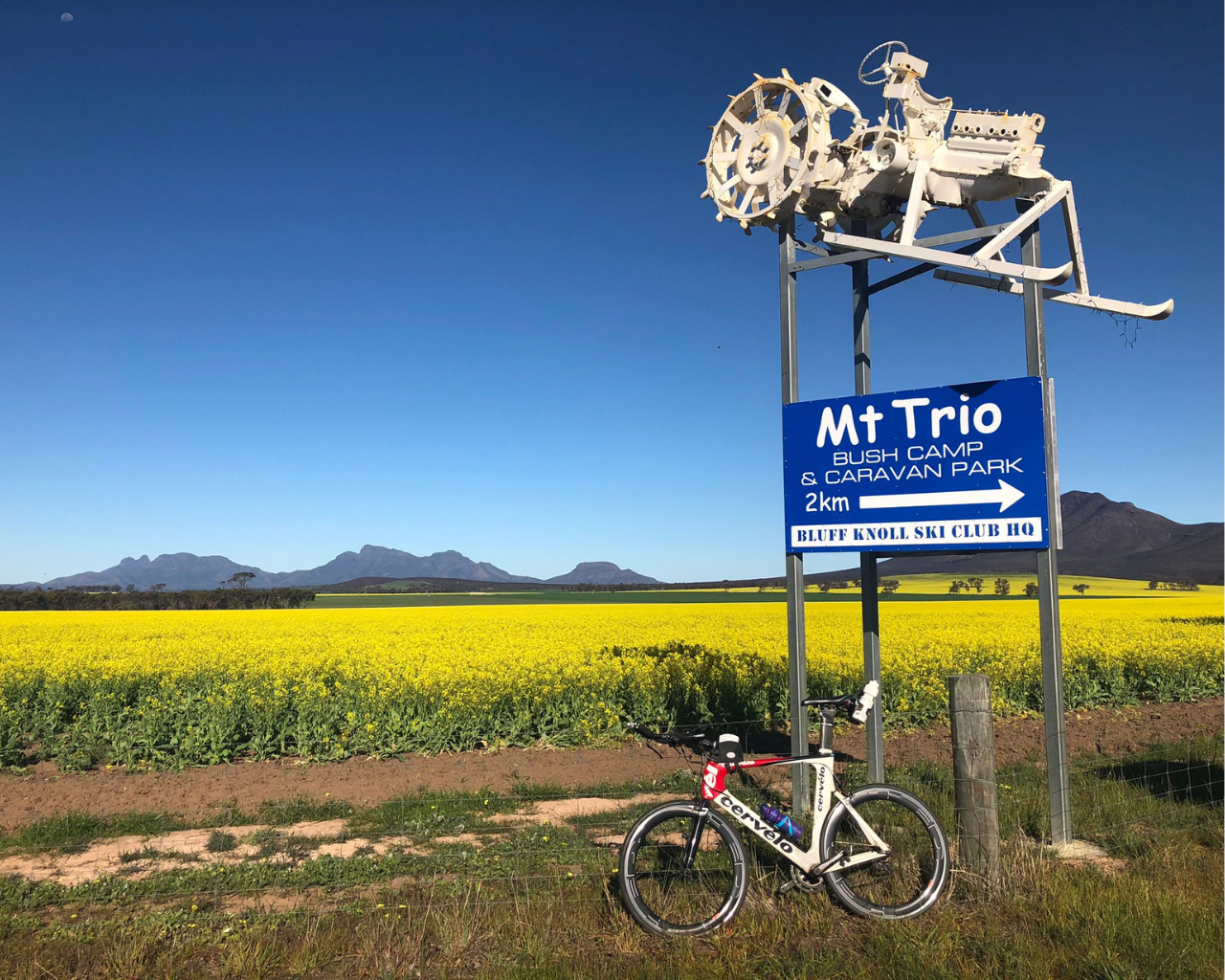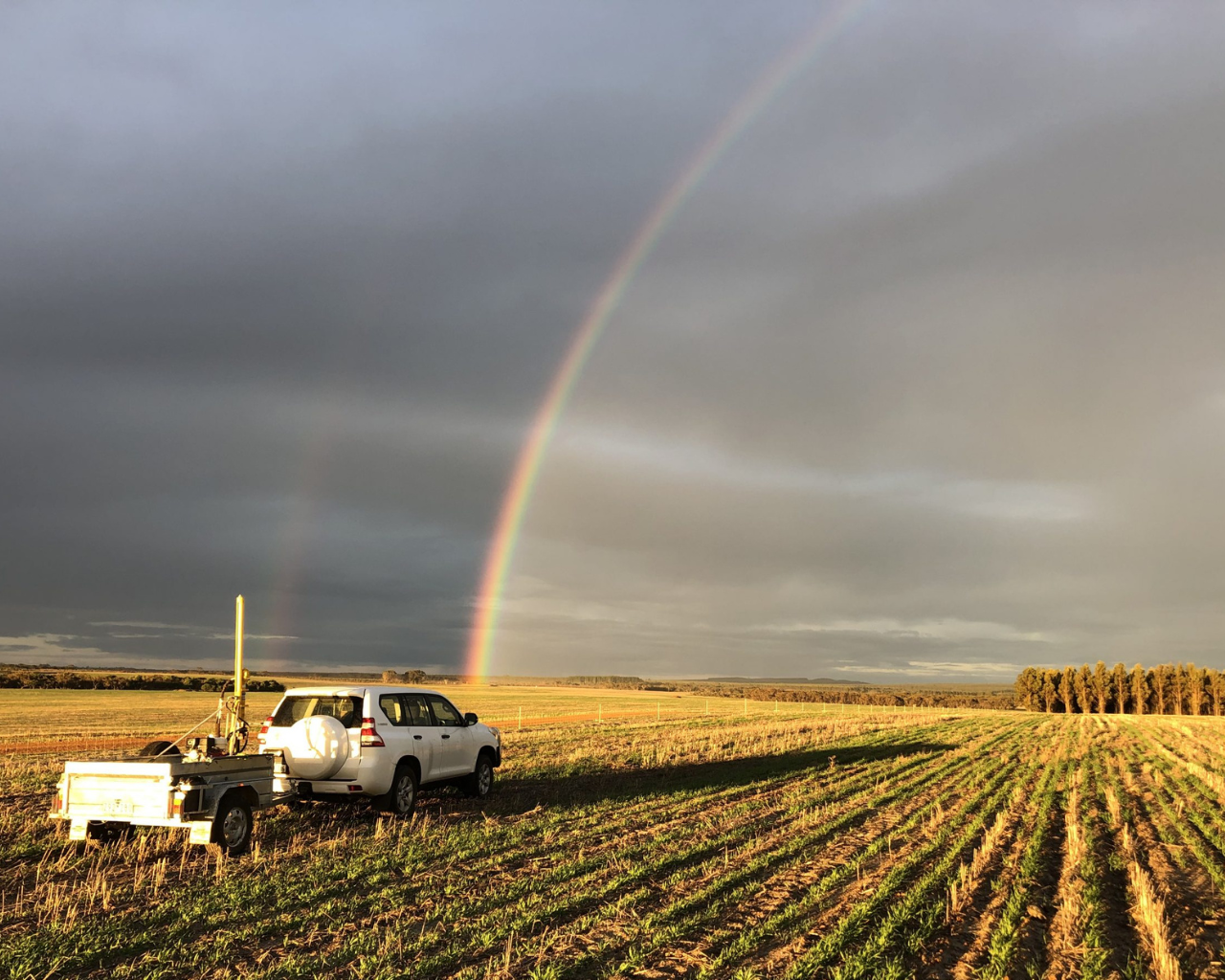Stories
# AgZero2030
Western Australia is a big state. We have many different kinds of environments, with many kinds of food and fibre produced by many people for many markets all over the world.
When it comes to working towards net zero emissions (aka carbon neutrality) while remaining profitable and productive, there are no silver bullets.
Individuals, businesses and organisations are taking steps towards net zero emissions, in ways that make sense for them.
Here are some of their stories.



